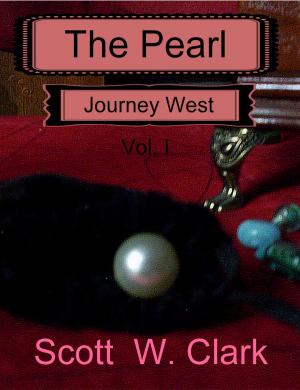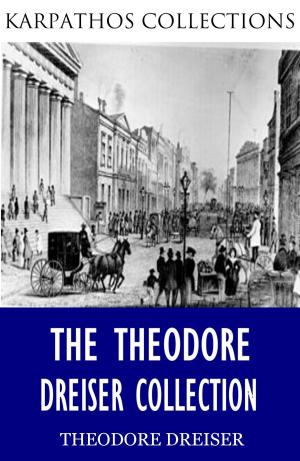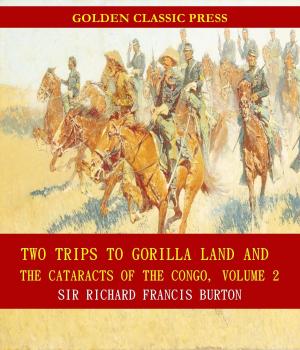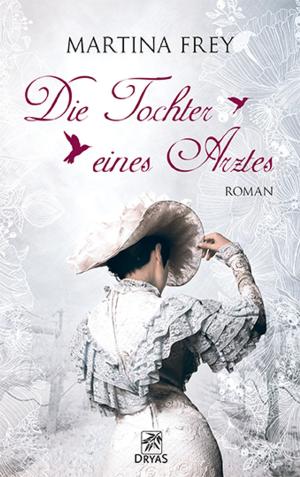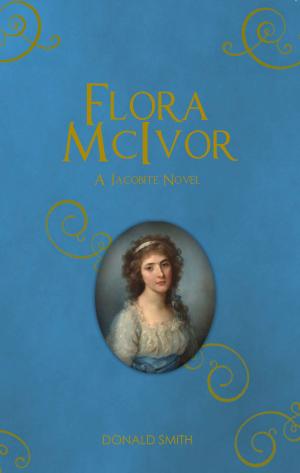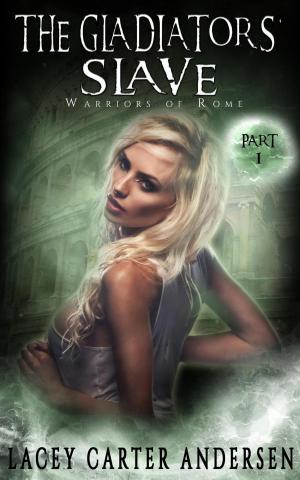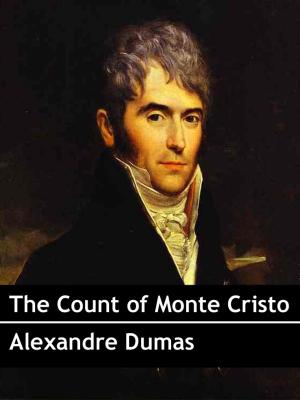Fundamental Freedoms
Eleanor Roosevelt and the Universal Declaration of Human Rights
Nonfiction, Reference & Language, Education & Teaching, History, Biography & Memoir, Historical| Author: | Facing History and Ourselves | ISBN: | 9781940457000 |
| Publisher: | Facing History and Ourselves | Publication: | September 10, 2013 |
| Imprint: | Facing History and Ourselves | Language: | English |
| Author: | Facing History and Ourselves |
| ISBN: | 9781940457000 |
| Publisher: | Facing History and Ourselves |
| Publication: | September 10, 2013 |
| Imprint: | Facing History and Ourselves |
| Language: | English |
Surveying Eleanor Roosevelt's early years and then concentrating on her life-long commitment as an activist, Fundamental Freedoms tells of Eleanor's pivotal role in creating the Universal Declaration of Human Rights (UDHR) in the aftermath of World War II and the Holocaust. As demonstrated throughout all four parts of this resource, Eleanor was no ordinary person: she redefined the role of a first lady as she established her own career as a nationally-syndicated journalist and continually spoke out on behalf of the underprivileged. In 1945 after the death of her husband, President Franklin Roosevelt, she participated in the birth of the United Nations and embraced a new role, advocating across the globe for the rights she fought for at home. This resource examines Eleanor's development into a diplomat and renowned human rights leader of the twentieth century, and shows the challenges and determination required to realize the UDHR.
Surveying Eleanor Roosevelt's early years and then concentrating on her life-long commitment as an activist, Fundamental Freedoms tells of Eleanor's pivotal role in creating the Universal Declaration of Human Rights (UDHR) in the aftermath of World War II and the Holocaust. As demonstrated throughout all four parts of this resource, Eleanor was no ordinary person: she redefined the role of a first lady as she established her own career as a nationally-syndicated journalist and continually spoke out on behalf of the underprivileged. In 1945 after the death of her husband, President Franklin Roosevelt, she participated in the birth of the United Nations and embraced a new role, advocating across the globe for the rights she fought for at home. This resource examines Eleanor's development into a diplomat and renowned human rights leader of the twentieth century, and shows the challenges and determination required to realize the UDHR.



